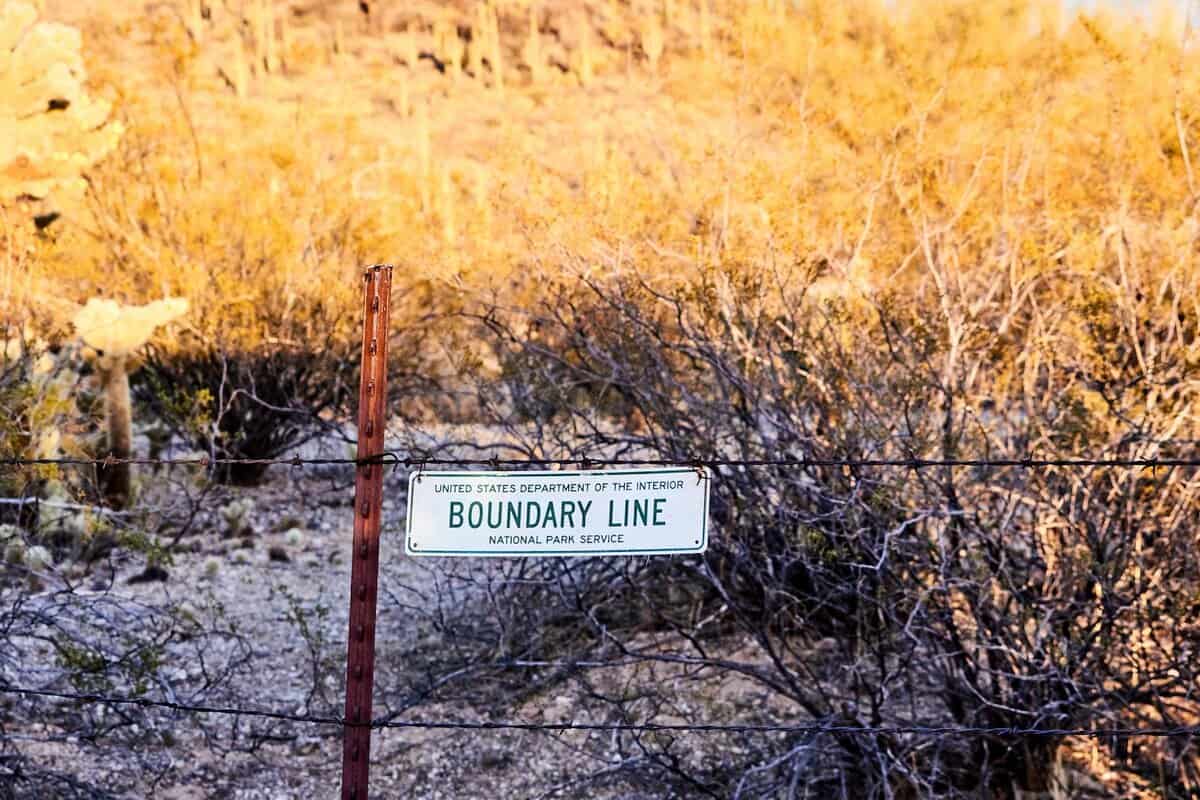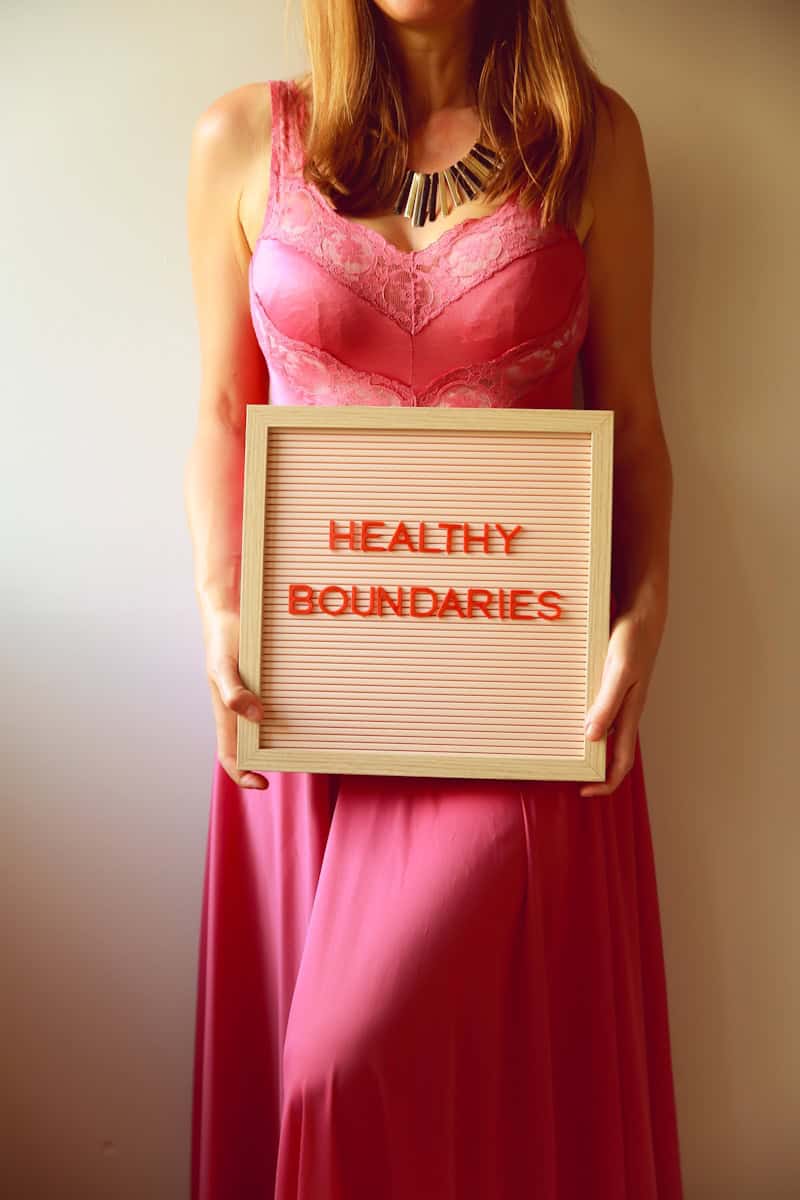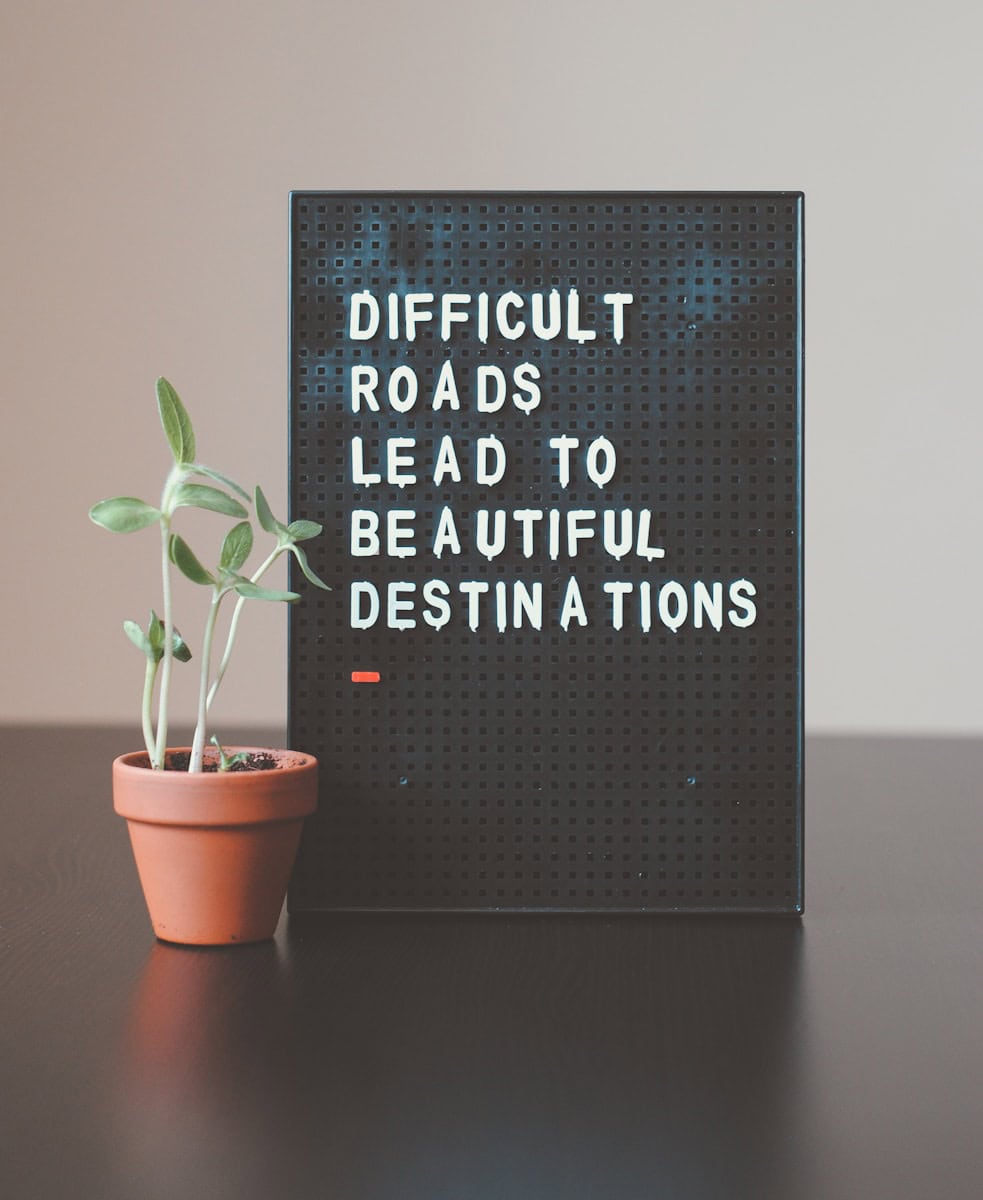
Healthy vs Unhealthy Boundaries: How to Spot the Difference and Protect Your Peace
Ever felt drained after spending time with someone, like they’re taking more than they’re giving? Or maybe you’ve been told you’re “too nice” because you struggle to say no, even when you’re exhausted? If so, you’re not alone. Understanding the difference between healthy vs unhealthy boundaries is key to protecting your energy, your relationships, and your peace of mind.
Boundaries are good. But they can be unhealthy too. Maybe you’ve built walls instead of bridges, shutting people out completely. Or perhaps you’ve confused control with care, demanding too much from others while giving little in return. So, how do you know if your boundaries are helping or hurting you?
In this article, we’ll break down healthy vs unhealthy boundaries in everyday terms. You’ll learn how to spot the difference, and limits that actually work—without guilt, without drama, and without losing yourself in the process. Because at the end of the day, boundaries shouldn’t isolate you; they should free you.
Healthy vs Unhealthy Boundaries
A healthy boundary helps protect your peace without stepping on someone else’s. It’s how you say, “This is what’s okay with me, and this is what’s not,” without needing to scream it from the rooftops.
Healthy boundaries help you take care of yourself. In addition, they give you the power to say “no” when something feels off, or “yes” when you’re truly on board. And when someone crosses a line, you don’t ignore it—you speak up, set consequences, and keep it moving.
But here’s where things go sideways: unhealthy boundaries either don’t exist at all, or they’re used the wrong way.
You might say you have a boundary, but then ignore it because you’re scared of upsetting someone. Or maybe you start using “boundaries” to control your partner, like telling them who they can talk to, or how to spend their money. That’s not a boundary, that’s a red flag.
Up next, we’ll break down exactly how to spot unhealthy boundaries.
How to Spot Unhealthy Boundaries
1. You Feel Guilty for Saying “No”
Guilt is often a sign that your boundaries are being pushed—or ignored altogether. In healthy vs unhealthy boundaries, guilt shouldn’t be part of the equation when you’re just protecting your peace.
If someone makes you feel bad every time you say “no,” they’re not respecting your limits. And maybe you’re not respecting them either. Healthy boundaries let you say “no” without needing a whole apology tour.
When guilt keeps showing up, it’s time to check if your boundaries are really serving you.
2. You Always Say “Yes” to Keep the Peace
When you’re always the “yes” person, even when you’re exhausted or uncomfortable, something’s off. Saying “yes” just to avoid a fight or keep things calm sounds nice, but it comes at a cost—your own well-being.
Healthy vs unhealthy boundaries can often be spotted by how much you overextend yourself. If you’re never allowed to disappoint anyone or set limits, you might not be setting real boundaries at all. Saying “yes” when you mean “no” builds resentment fast.
Peace shouldn’t cost you your comfort, time, or values. If it does, you’re not being kind—you’re losing yourself.
3. You Feel Responsible for Other People’s Emotions
If your partner’s mood feels like your job, that’s a sign of unhealthy boundaries. Let’s say they’re mad or sad, and your first instinct is to fix it—even if it has nothing to do with you. That’s not empathy; that’s emotional over-functioning.
Healthy vs unhealthy boundaries become clear when you notice that you’re absorbing everyone else’s emotions like a sponge. A healthy boundary says, “I care, but I’m not responsible for fixing you.” You can support someone without owning their feelings. If you’re always the emotional lifeguard, you might be drowning in boundary issues yourself.
4. You Ignore Your Own Needs to Keep the Relationship Going
If you’re constantly putting your needs on the back burner to “make it work,” that’s not romantic—that’s unhealthy. Relationships need compromise, sure, but they also need balance.
If your wants, needs, or feelings always come second, your boundaries are probably too soft or totally missing. So, in the debate of healthy vs unhealthy boundaries, one big clue is how much you shrink yourself just to keep things running. Real love doesn’t ask you to disappear.
5. You’re Afraid to Speak Up
If you find yourself walking on eggshells instead of being honest, your boundaries are probably in trouble.
Speaking up shouldn’t feel like a crime. When you’re scared to talk about your needs, your feelings, or your limits, that’s a clue you might be in the zone of unhealthy boundaries.
In the lens of healthy vs unhealthy boundaries, silence is often the biggest sign something’s wrong. Healthy boundaries create room for real talk—even if it’s uncomfortable. Therefore, if you’re tiptoeing through every conversation just to avoid conflict, your boundaries might not be protecting you—they might be holding you hostage.
Quick Recap: What It All Comes Down To
At the end of the day, boundaries are about showing up for yourself. If you’re always feeling drained, anxious, or unheard in a relationship, chances are something’s off. Spotting the difference between healthy vs unhealthy boundaries means paying attention to how often you feel safe, respected, and free to be yourself. So if you’ve seen yourself in any of the signs we talked about, that’s your signal—it’s time to check in with your limits.




